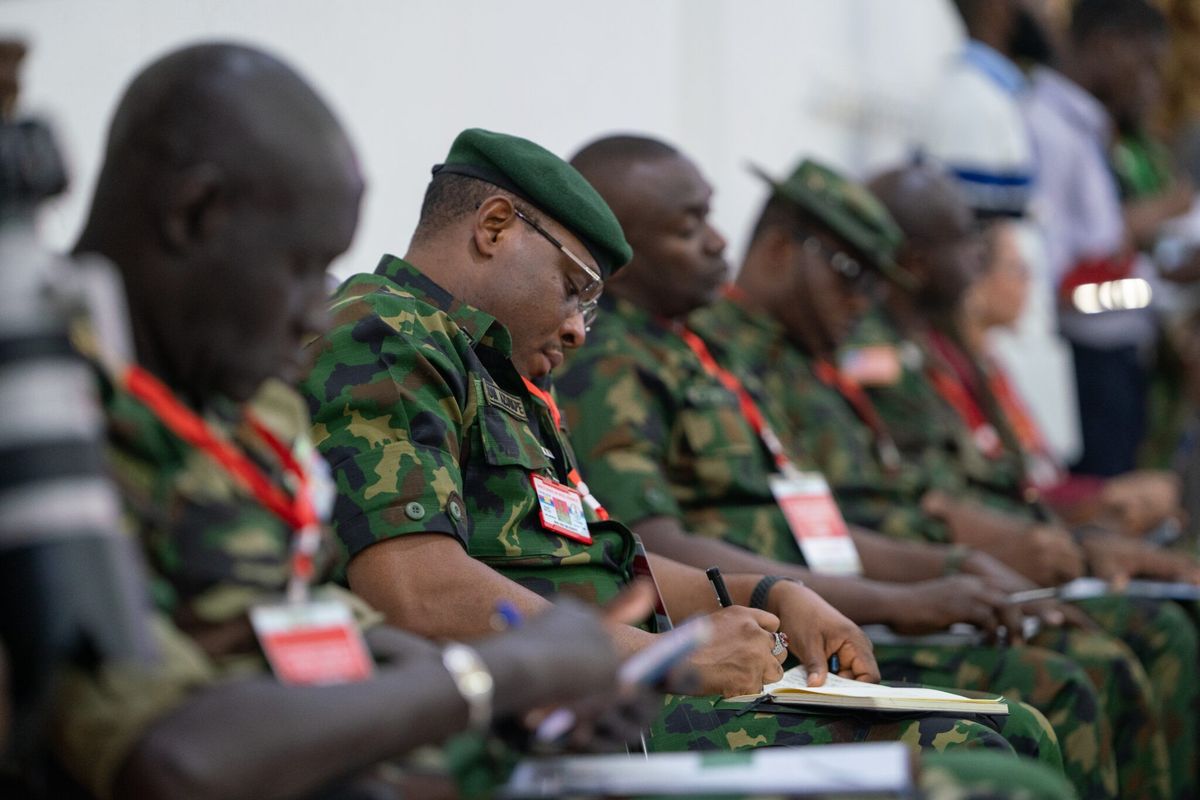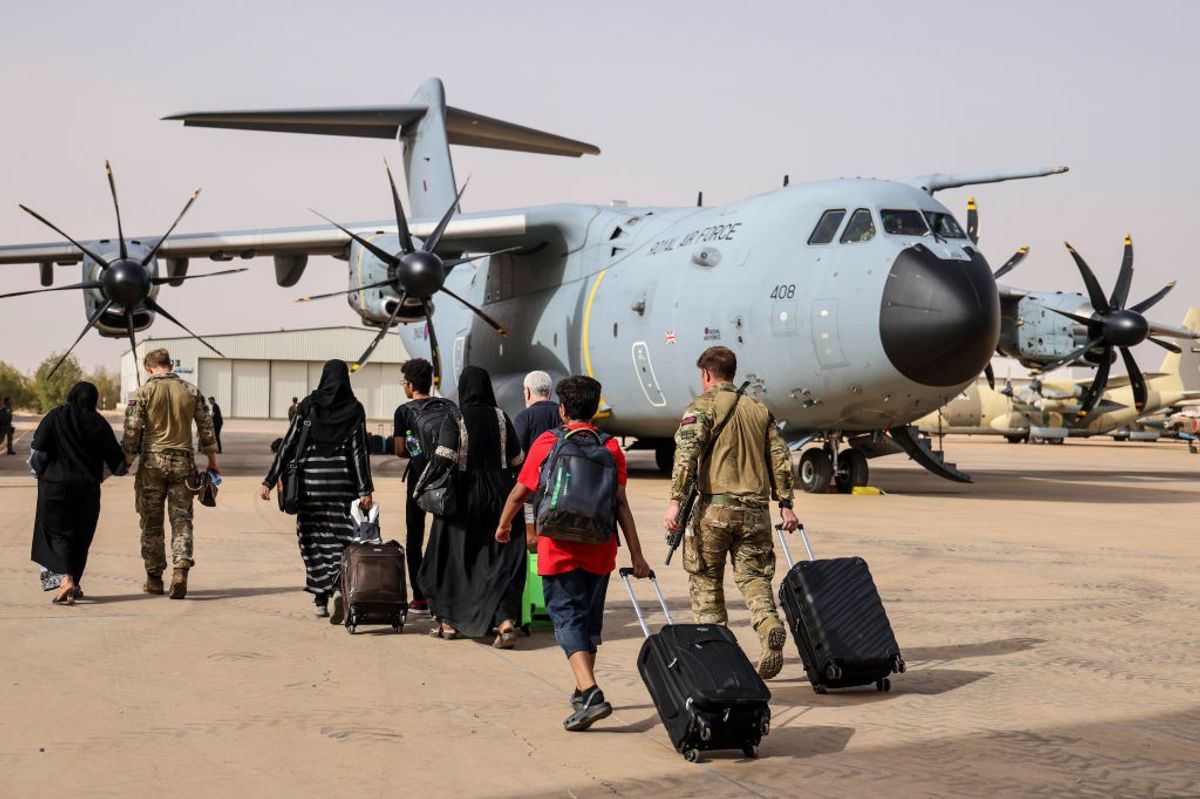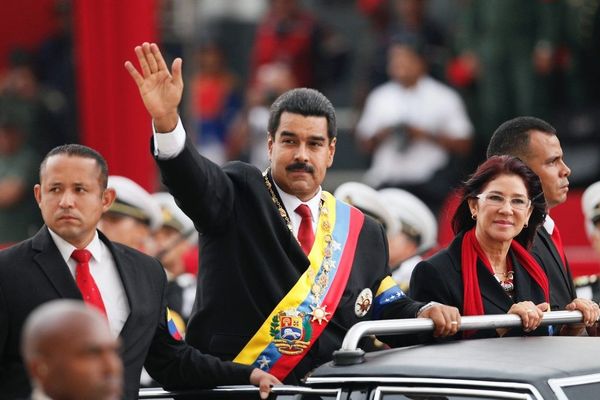Recent heavy migration from Africa to Europe has renewed the European Union’s focus on maintaining stability and contributing to the economic development of its southern neighbor in an effort to stem the migrant flows. Asmita Parshotam, a researcher under the Economic Diplomacy Programme at the South African Institute of International Affairs, tells The Cipher Brief that the EU has long had vested interests in Africa, but new EU programs aim to greatly boost the continent’s development and security.
The Cipher Brief: EU investment in Africa seems to be increasing over the past couple of years in particular. Is this accurate, and if so, why?
Asmita Parshotam: The EU has always had vested interests in Africa, in one form or the other. Recently, the continent's development and stability has been a key factor in ensuring that Europe is adequately able to stem migration flows from the Sahel region and Libya to its shores. In addition to the European Development Fund (EDF) that provides development assistance to African countries, the EU also has the African Investment Facility, designed to provide financing for socio-economic development initiatives, which obtains its financing from the EDF and the Development Cooperation Instrument (DCI) that aims to reduce poverty.
TCB: The recently announced EU External Investment Plan aims to bolster the private sector in Africa. Do you think this will work?
AP: As per the European Commission’s statement on this, “The Plan offers an integrated and coherent framework enabling full cooperation between the EU, international financial institutions, donors, public authorities and the private sector. The new European Fund for Sustainable Development [EFSD] lies at the core of the External Investment Plan and is expected to trigger additional public and private investment volumes, mobilising total investments of up to EUR 44 billion, based on EUR 3.35 billion contribution from the EU budget and the European Development Fund. In order to enhance further the firepower and the efficiency of the new Fund, the Commission calls on the Member States and other partners to match these EU contributions. Member States can do so via second-loss guarantees. If they match the contribution to the guarantee, the total amount of additional investment could be EUR 62 billion. If Member States also match the contribution to the blending, this amount could reach EUR 88 billion.”
In addition, the Commission notes, “The objective is to leverage additional financing, in particular from the private sector, as the EFSD guarantee will reduce the risk for private investment and absorb potential losses incurred by eligible counterparts, for example public financing institutions and private sector investors.”
TCB: The EU has also been in talks about migration deals with various African countries. Which countries in Africa do these deals target and why? Do the agreements address the root causes of migration?
AP: Stemming migration efforts have focused predominantly on Libya and the Horn of Africa region. The EU implemented its Emergency Trust Fund in 2015, after the first Valletta Summit meeting. It was created to “address the root causes of instability, forced displacement and irregular migration and to contribute to good migration management,” according to the European Commission. The fund is worth more than €2.5 billion.
TCB: Is the EU investing in any security sector developments in Africa, such as in armed forces, local police, or intelligence?
AP: Owing to its increased focus on security issues on the continent and the link this has to the EU's migration agenda, the EU has come under fire for making development assistance conditional on African countries' cooperation regarding their migration concerns, or diverting monies specifically targeting socio-economic development projects on the continent towards increased security efforts in core African countries. For example, in 2016, Dutch officials announced that the EU had reached a deal with Mali in which Mali would receive an aid package in return for taking back citizens whose asylum claims had been rejected.
TCB: Germany seems to be spearheading this European attention on Africa. Is this accurate? Is so, why?
AP: Germany currently has the G20 presidency. Last year, it unveiled its "Marshall Plan for Africa," which is supposed to spur development on the continent through two targeted actions: increasing trade and development on the continent and hopefully reducing mass migration flows via the Mediterranean. However, it is still very new and has a rather ambitious agenda, and so it remains to be seen to what extent its goals will be achieved in the coming years, especially since the Plan looks to cover a broad range of issues such as trade, increased private investment, bottom-up economic development, entrepreneurship, and job creation and employment.













